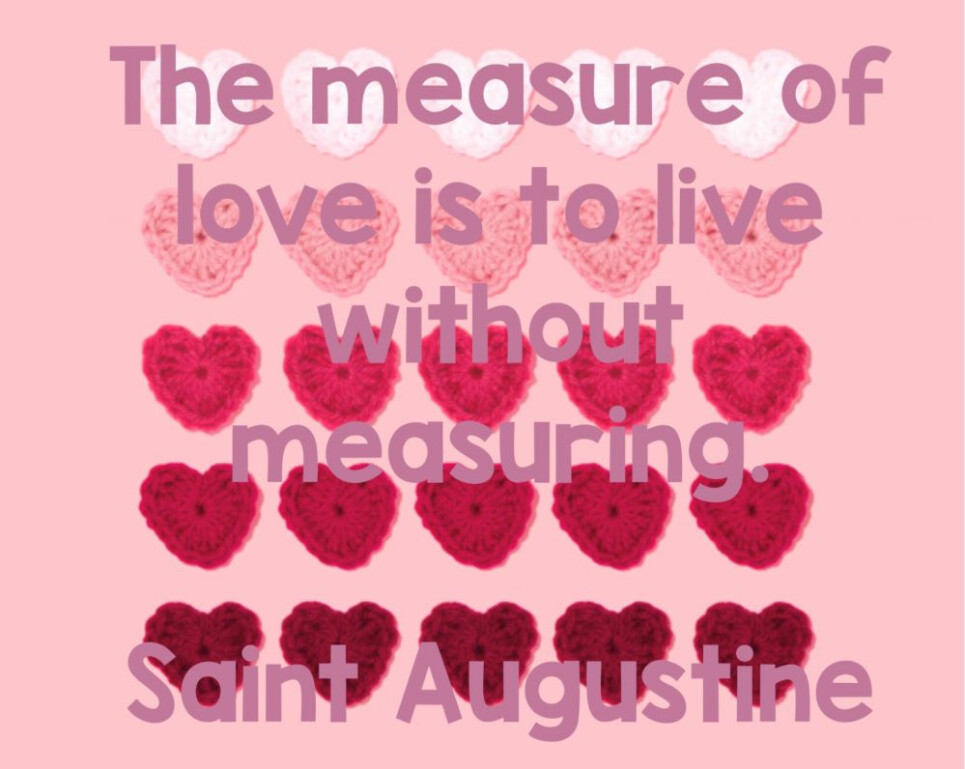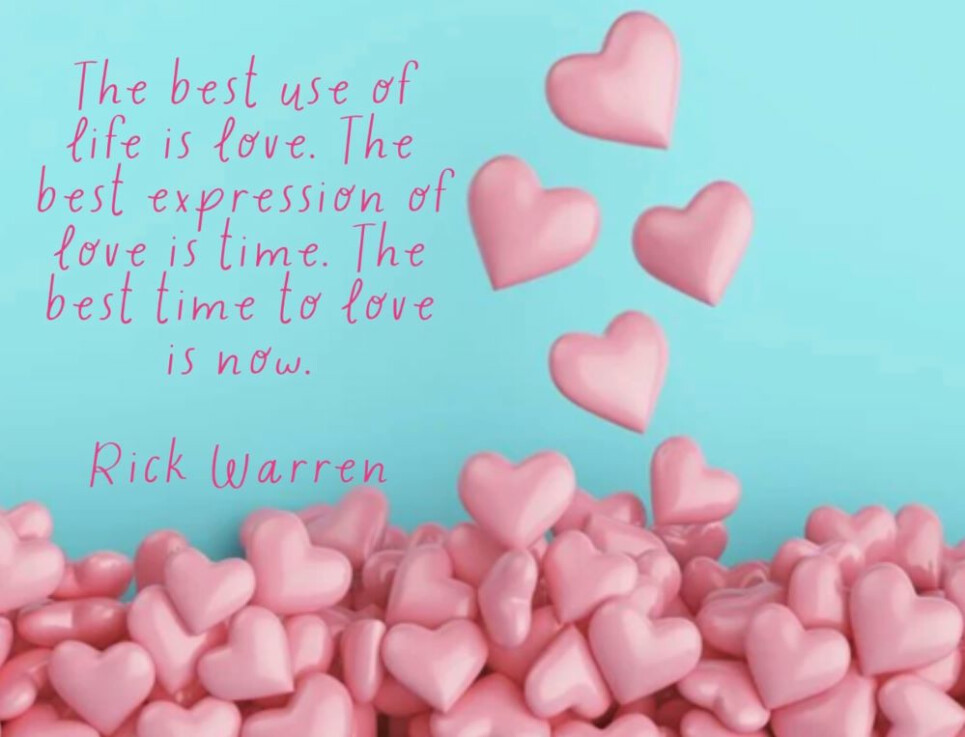Messages Embedded Within the Parable of the Weeds and the Wheat
The Parable of the Weeds is one of many parables Jesus used to teach the Gospel. It is also known as The Parable of the Wheat and the Tares. The Parable of the Weeds can be found in Matthew 13:24-30 and Matthew 13:36-43. This is one of the several parables relating to the Kingdom of God.
Summary
Jesus is sitting with his disciples and told them a story about a man who had planted good seeds in his fields. However, when everyone was sleeping, an enemy came to ruin the man’s field by planting weeds among the wheat. Nobody knew this had happened until the weeds began to sprout alongside the wheat. Feeling dismayed, the man's servants came to him and asked where the weeds had come from. The man told his servants that an enemy had come and sowed the bad seeds. The servants asked the man if they should pull up the weeds. The man told them no, as that would also pull up the wheat. He insisted they wait until the harvest at which point they would burn the weeds and bring the wheat into his barn.
You can read the whole passage here:

In just six short verses, Jesus unearths a powerful message about the Kingdom of Heaven.
The Breakdown of the Parable
There are a few concepts that derive from this parable. Let’s begin with the symbolism.
The Owner and His Field
The man who owns the field is God, therefore the field is Earth.
The Owner’s Seeds
The good seeds that were sown represent us, God’s children, and the Gospel and teachings He gives us.
The Enemy
The enemy is Satan.
The Enemy’s Seeds
In contrast to the good seeds, the enemy’s seeds represent the seeds of evil; people who give into Satan’s lies, temptations, selfishness, anger, resentment, jealousy, you name it. The enemy's seeds encompass everything Christ is not.
The Servants
The servants represent God’s servants.
Harvest Season
The time to harvest represents the end times.
The Harvesters
The harvesters are God’s angels.
The Wheat
The wheat are the revealed Sons of God.
The Weeds
The weeds are the revealed followers of Satan.
The Barn
The barn is the Kingdom of God.
Diving Deeper
Let’s take a look at the servants. The servants in this parable were completely unaware that the enemy planted bad seeds among the good ones until the seeds began to sprout. Up to that point, they assumed all of the seeds had been from the owner. This brings us to the question, “Why were the servants unaware?” The answer is simple, they fell asleep. There was a lack of diligence on their part. The underlying message here is that it can be difficult to discern good from evil. You won't necessarily know if something is bad until it is too late; until Satan has a tight grip on you. This is especially so if you are not always watchful and doing everything you can to steer clear of evil.
Immediately, they ran to the owner to tell him of the weeds. They asked the owner if they should pull up the weeds. The owner replied no. He told them that they might pull up some of the wheat with the weeds. Here, we encounter another example of the difficulty to discern good from evil. The servants are trying to help the owner. They want to rid the world of bad and make sure only the Word of God and His teachings are able to grow. Often, we think we know a person, but in all reality, we can’t see their hearts as God can. Like the servants, we should do our best to help people who are making poor choices and spread His word, but it is not up to us to cast judgment on anyone. Because we are unable to see the hearts of man fully and truly, it is the responsibility of the harvesters to determine what plant needs to be pulled. Additionally, the servants running to tell the owner that weeds were in his field shows us that despite falling asleep, the servants have good intentions. This just drives home the point even more. We might believe we are on the right path, but we are human, we are weak. Satan preys on our weaknesses. We must examine ourselves and search for any areas we have let Satan slip in.

The owner tells his servants to let the weeds grow alongside the wheat. That means that evil is continuously growing. The good news is, so is the strength of the Lord and His disciples. This nearby growth of evil means that we need to actively work to distinguish between the presence of good and evil in our own lives. We need to be assertive and stand up to anyone or anything that is luring us away from God. However, being assertive does not mean it is okay to be intolerant. Growing among weeds allows for the perfect opportunity to practice tolerance with others. Being tolerant does not mean you agree with someone, quite the opposite. It just means that you allow someone to be themselves, no matter how much you may not agree with them. Remember, it is not up to us to judge.
The owner tells his servants that when it is time for the harvest, he will have the harvesters collect the weeds and have them burnt. The harvesters will gather the wheat, and keep it safely in the barn. This reiterates the message that it is not up to us to scrutinize others. This is the job of God and His angels. Those who are the wheat will make it safely into the barn. For us to be gathered and kept safely in God’s Kingdom, we must be aware of our own actions. We need to examine our hearts, thoughts, and actions and make sure they align with Christ’s example.
Here you can read Jesus’s explanation to his disciples:

A Bit of Agricultural Background
It is believed that the weed Jesus is referring to is darnel ryegrass.
The words “Tares” and “Weeds” are used interchangeably. Various versions of the Bible use either one.

Darnel mimics wheat. They are indistinguishable until the plants begin to mature. Darnel has infamously earned the nickname The Evil Twin of Wheat.
Darnel is toxic. Much like Satan’s ploys, darnel is harmful to our health.
This further implicates the difficulty in determining good and evil. Someone or something in your life could, by all appearances, be living a life worthy of Heaven. Satan is the leader of deception. He attracts good people by impersonating good. The weeds are among us, even infiltrating our churches. This is why it is critical you stay awake and enveloped in God’s Word.
In Closing
We don’t know when the harvest will take place. But we do know that we need to be prepared and ready. It is up to us to nourish and promote our relationship with God. We have to determine if anything in our lives is hurting our sacred relationship with Him. We must submit ourselves fully to God so we can one day be reunited with Him in that special barn.
Read more about the Parables here

- Torrance Church of Christ























































